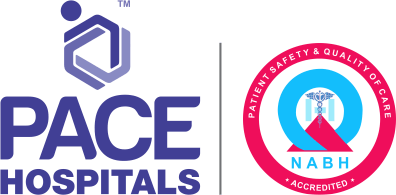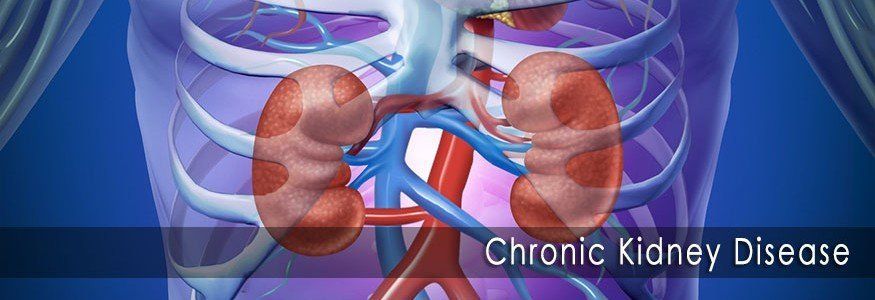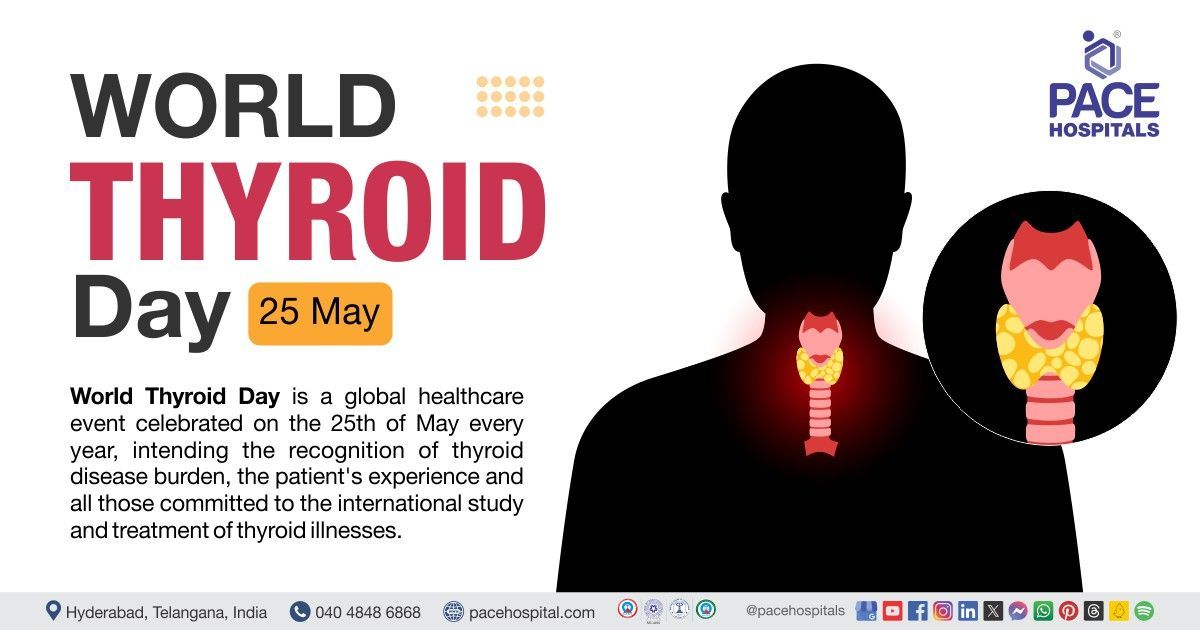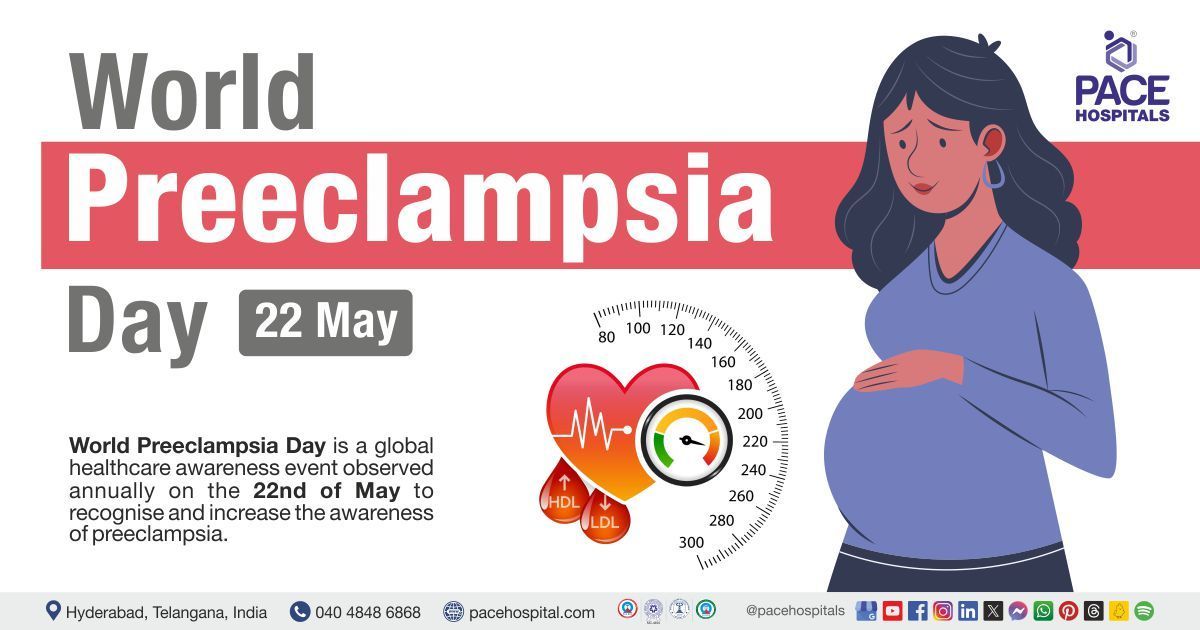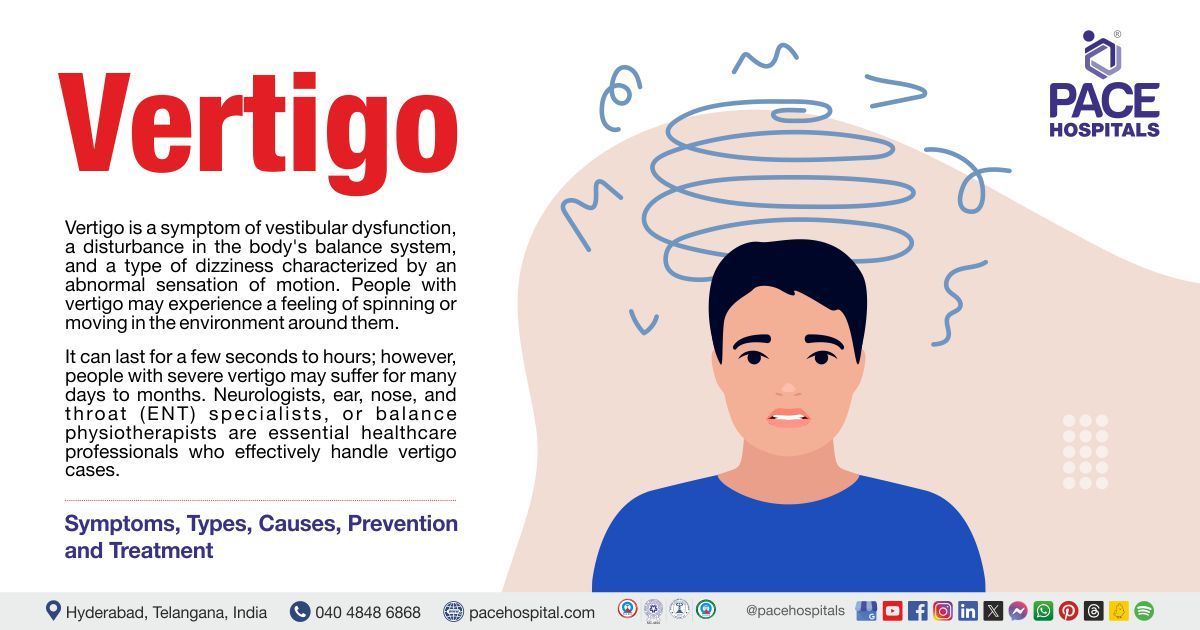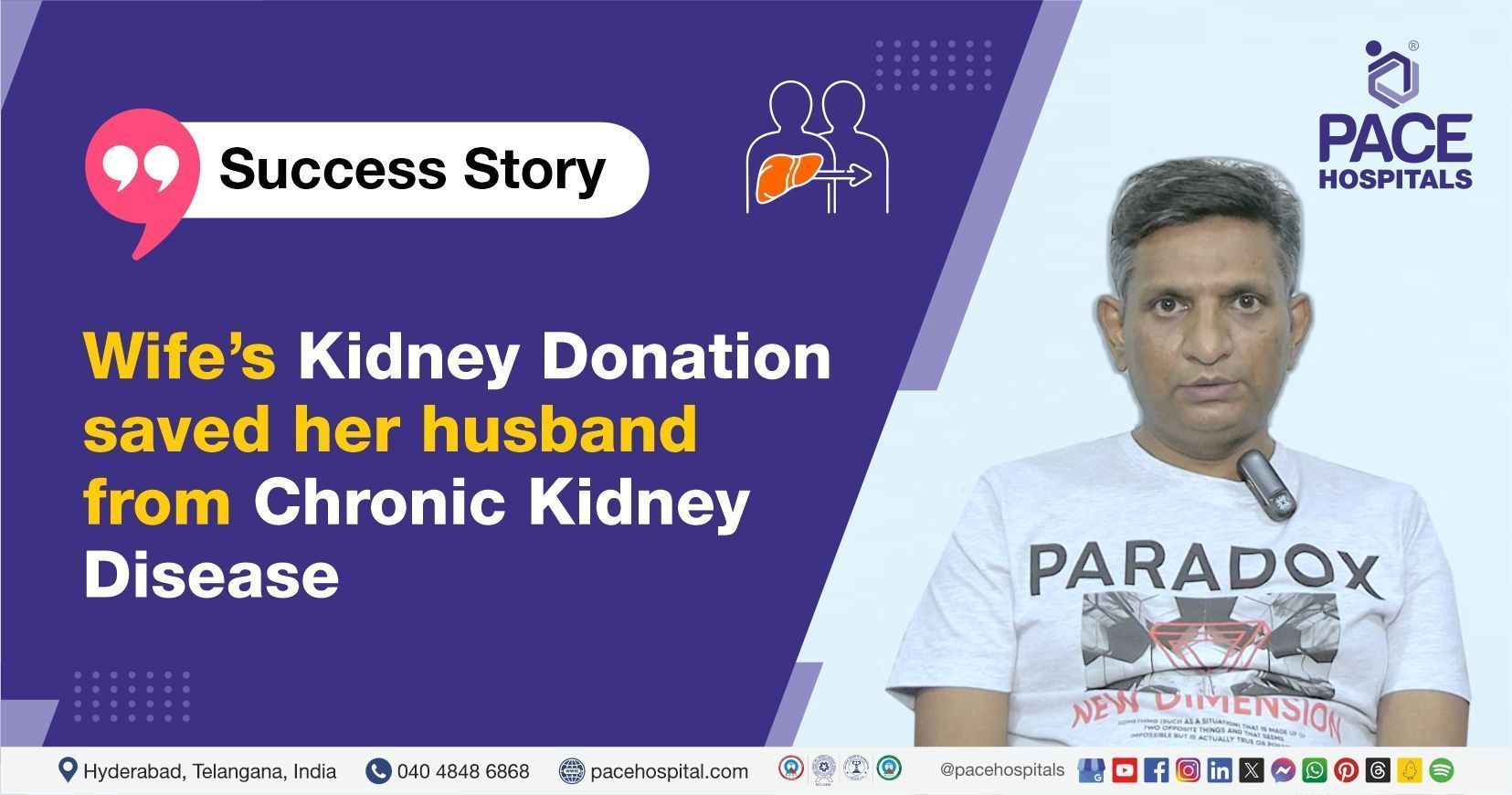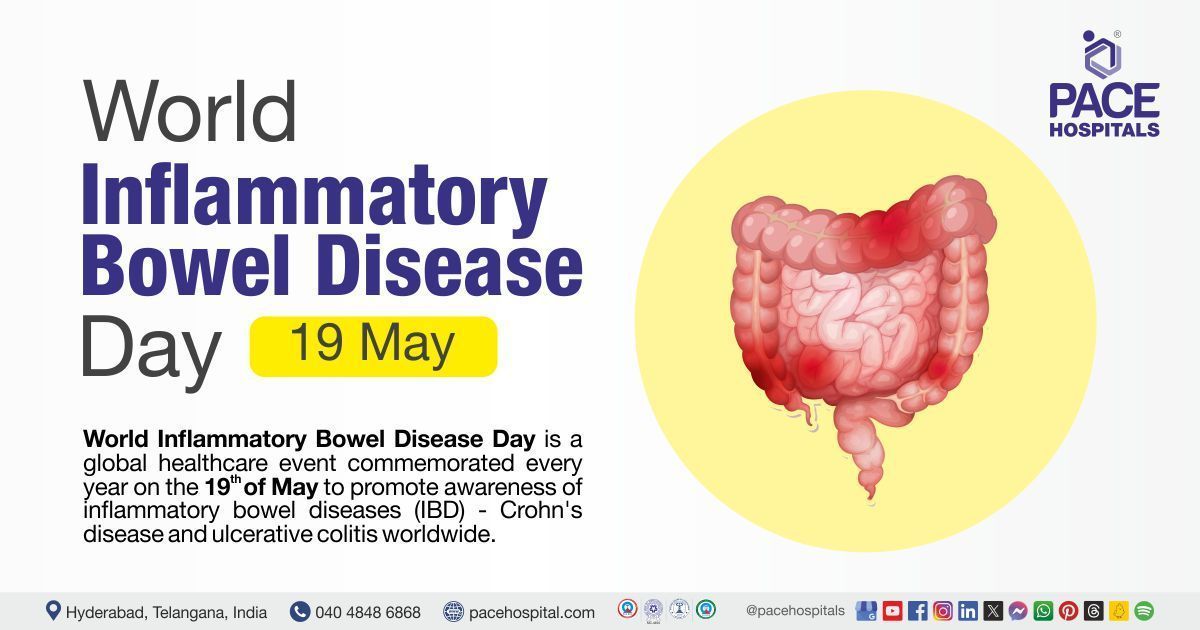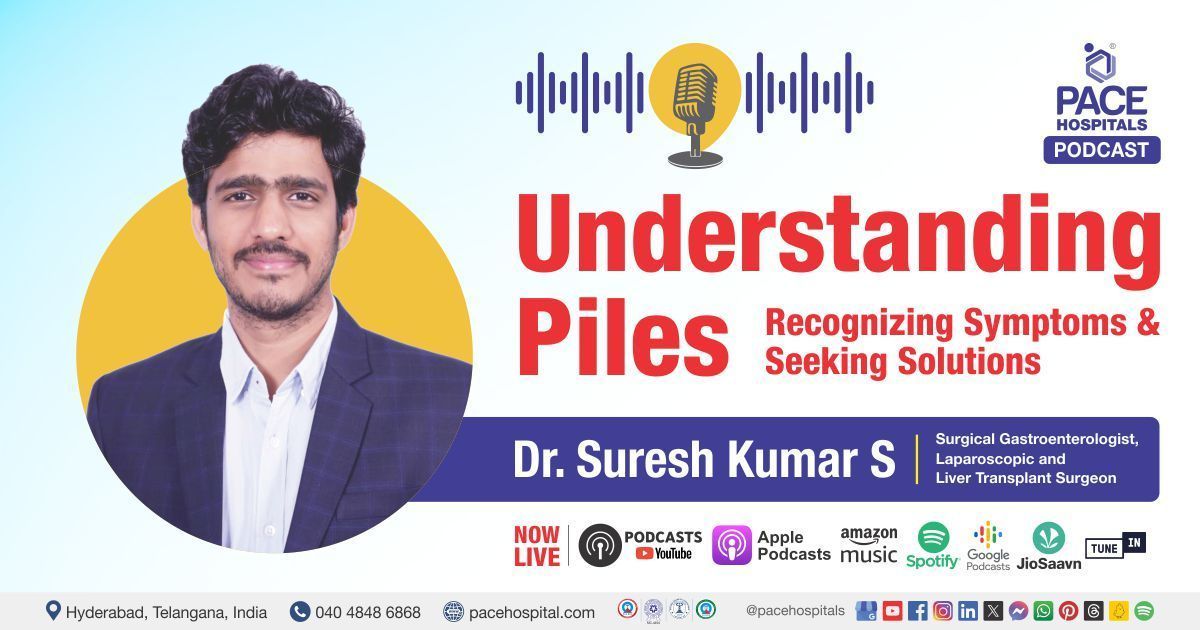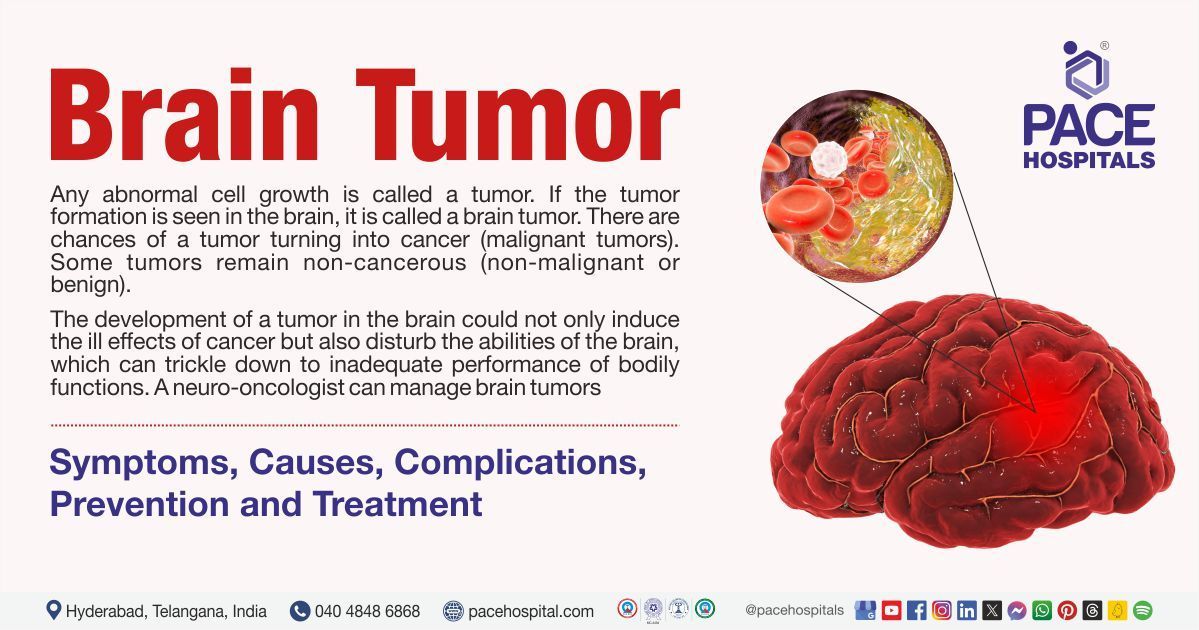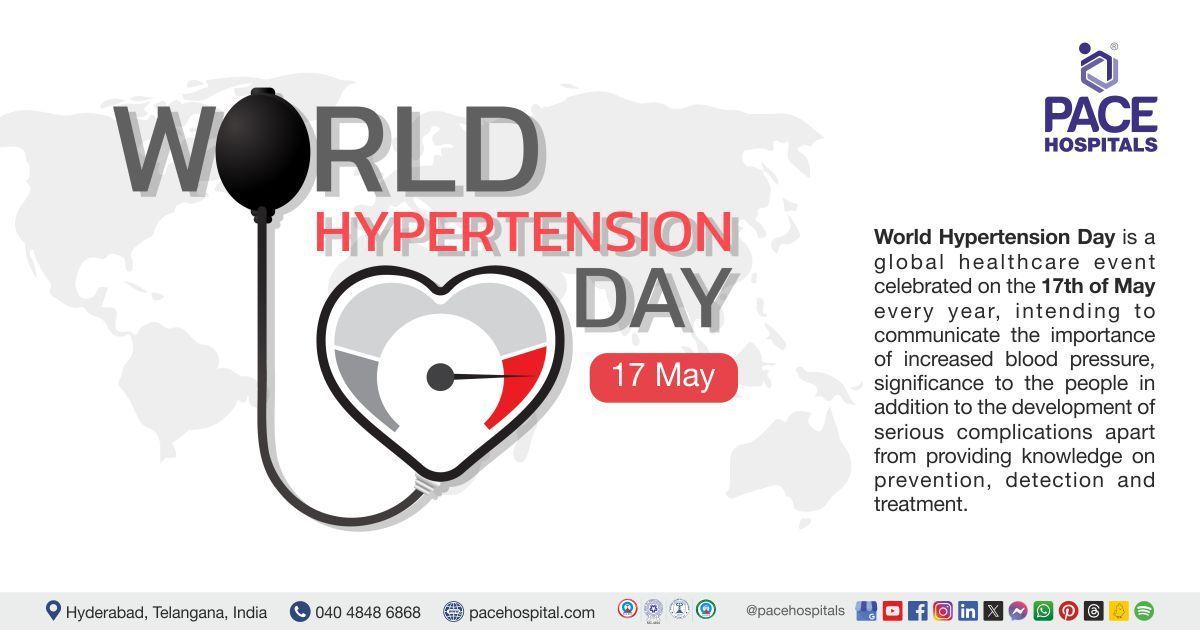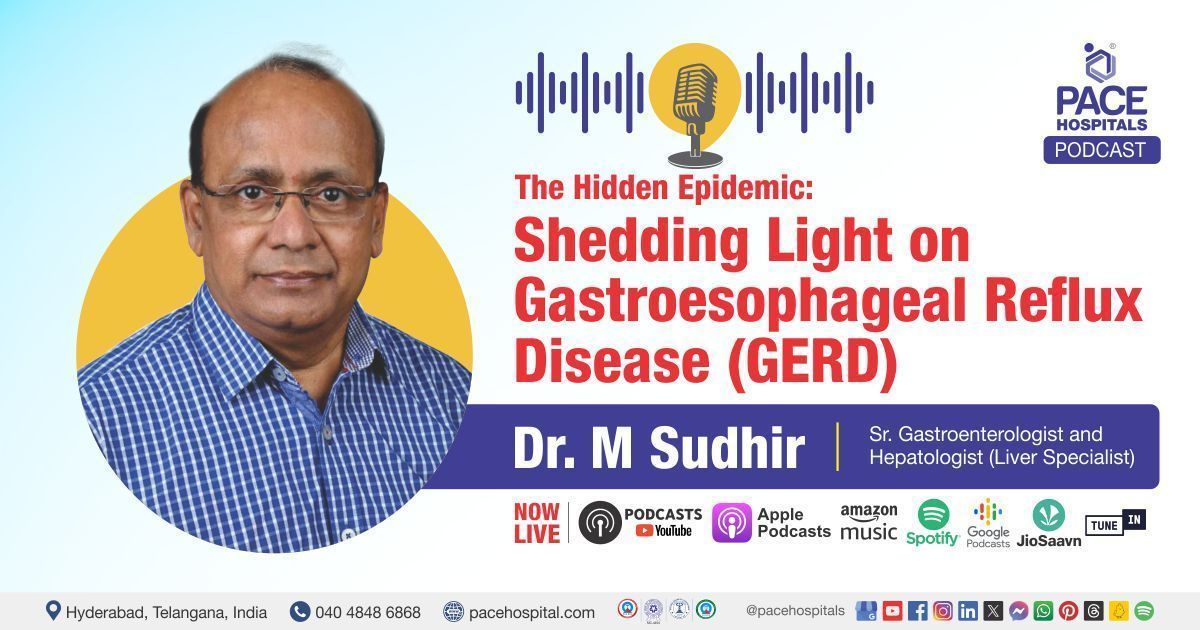Facts sheet on “Chronic Kidney Disease”
What kidneys do?
Kidneys are one of the most important vital organs in the body as they help us to:
- Remove toxic waste products.
- Remove excess water and salts.
- Play an important role in controlling your blood pressure.
- Produce a hormone called erythropoietin (EPO for short) which stimulates red cell production from the bone marrow – you become anemic due to lack of this hormone.
- Help to keep calcium and phosphate in balance for healthy bones.
- Maintain the blood in a neutral (non-acid) state to make you feel well.
What is chronic kidney disease (CKD)?
Chronic kidney disease (also called chronic renal failure) is a condition in which the kidneys lose some of their ability to remove waste and excess water from the bloodstream over a period of time. As waste and fluids accumulate, other body systems are affected, potentially leading to complications.
What are the symptoms of CKD?
In the early stages of Chronic Kidney Disease, there are no symptoms. People develop symptoms only when they loss 90% function of their kidneys.
As your kidney function deteriorates to 10% or low, you will develop any of the following symptoms: poor appetite, vomiting, tiredness, swollen ankles, shortness of breath and itch. The diagnosis of chronic kidney disease can be delayed as there can be other explanations for most of these symptoms.
Even when kidney failure is advanced, most people still make a normal or near-normal amount of urine; this is sometimes confusing. Urine is being formed but it does not contain sufficient amounts of the body's waste products.
Why it is important to diagnose this silent disease (CKD)?
People with kidney disease are at greatly increased risk of heart attacks, stroke and problems with the circulation. This risk increases as the kidney disease advances. In simple words, you could reduce the risk of having a heart attack, stroke and circulation problems by early diagnosis of kidney disease. It is particularly important that kidney disease is diagnosed early so appropriate steps are taken to minimize this risk.
How chronic renal disease is diagnosed (CKD)?
It can be easily diagnosed with a blood test called GFR (Glomerular filtration rate). GFR estimates at what percentage your kidneys are currently working. At Pace Hospitals, we routinely measure GFR as part of kidney function.
Depending on your GFR, CKD is classified into stages:
- Stage 1 - 90+ GFR - Normal kidney function but abnormal urine or renal scan point to kidney disease
- Stage 2 - 60-89 GFR - Mildly reduced kidney function in presence of urine or kidney scan abnormalities
- Stage 3 - 30-59 GFR - Moderately reduced kidney function
- Stage 4 - 15-29 GFR - Severely reduced kidney function
- Stage 5 - 14 or less - Very severe kidney failure
Who should be tested for chronic renal failure (CKD)?
You should be tested if you have one of the following risk factors:
- Diabetes
- High blood pressure
- Overweight
- Smoking
- Older than 50 years
- If you have suffered from heart attack or stoke
- Family history of kidney disease
- Having abnormal urine test such as presence blood or protein
- If you have used long term pain killers such as Diclofenac or any medications that can affect your kidney function.
What is the aim of treatment?
The main goal of treatment is to prevent progression of CKD to complete kidney failure. The best way to do this is to diagnose chronic kidney disease early control the underlying cause and treat kidney disease early.
Request an appointment
Fill in the appointment form or call us instantly to book a confirmed appointment with our super specialist at 04048486868
Appointment request - health articles
Thank you for contacting us. We will get back to you as soon as possible. Kindly save these contact details in your contacts to receive calls and messages:-
Appointment Desk: 04048486868
Whatsapp: 8977889778
Regards,
Pace Hospitals
Hitech City and Madinaguda
Hyderabad, Telangana, India.
Oops, there was an error sending your message. Please try again later. We will get back to you as soon as possible. Kindly save these contact details in your contacts to receive calls and messages:-
Appointment Desk: 04048486868
Whatsapp: 8977889778
Regards,
Pace Hospitals
Hitech City and Madinaguda
Hyderabad, Telangana, India.
Our Locations
Subscribe to our newsletter and stay updated with the latest health information.
By clicking on subscribe now, you accept to receive communications from PACE Hospitals on email, SMS and Whatsapp.
Subscribe to PACE Hospitals News
Thank you for subscribing. Stay updated with the latest health information.
Oops, there was an error. Please try again submitting your details.
-

Payment in advance for treatment (Pay in Indian Rupees)
For Bank Transfer:-
Bank Name: HDFC
Company Name: Pace Hospitals
A/c No.50200028705218
IFSC Code: HDFC0000545
Bank Name: STATE BANK OF INDIA
Company Name: Pace Hospitals
A/c No.62206858997
IFSC Code: SBIN0020299
Scan QR Code by Any Payment App (GPay, Paytm, Phonepe, BHIM, Bank Apps, Amazon, Airtel, Truecaller, Idea, Whatsapp etc)
Call us at 04048486868
ADDRESS
PACE Hospitals
Hitech City : Beside Avasa Hotel, Pillar No. 18, Hyderabad - 500081
Madinaguda: Mythri Nagar, Beside South India Shopping, Madinaguda, Hyderabad - 500050
QUICK LINKS
Disclaimer
General information on healthcare issues is made available by PACE Hospitals through this website (www.pacehospital.com), as well as its other websites and branded social media pages. The text, videos, illustrations, photographs, quoted information, and other materials found on these websites (here by collectively referred to as "Content") are offered for informational purposes only and is neither exhaustive nor complete. Prior to forming a decision in regard to your health, consult your doctor or any another healthcare professional. PACE Hospitals does not have an obligation to update or modify the "Content" or to explain or resolve any inconsistencies therein.
The "Content" from the website of PACE Hospitals or from its branded social media pages might include any adult explicit "Content" which is deemed exclusively medical or health-related and not otherwise. Publishing material or making references to specific sources, such as to any particular therapies, goods, drugs, practises, doctors, nurses, other healthcare professionals, diagnoses or procedures is done purely for informational purposes and does not reflect any endorsement by PACE Hospitals as such.
